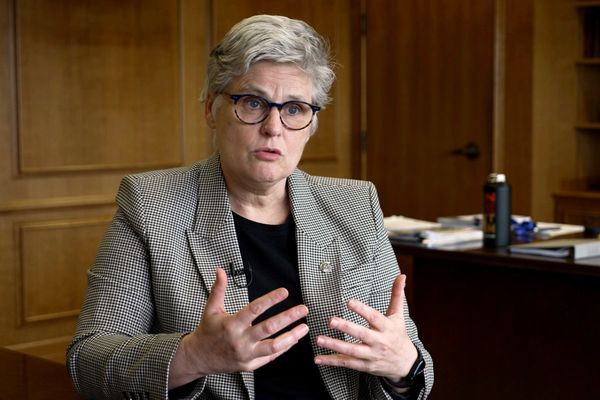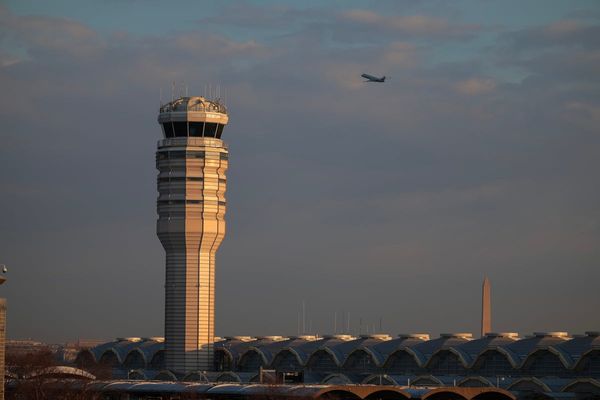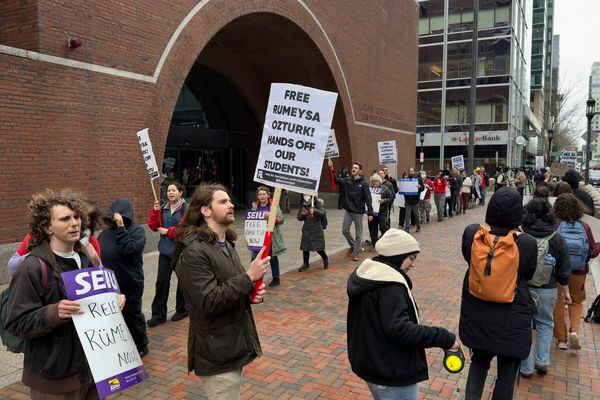
It’s remarkable how little actually happens in this delicate account of a fleeting connection between two people temporarily adrift in the city of Columbus, Indiana. Nonetheless, in its own meandering way, the film builds to something quietly profound. In its precision – the framing of each shot is as eloquent as the dialogue – and measured pacing, Columbus is a balm, a deep tissue massage for the soul.
Jin (John Cho) is avoiding the purgatory of hospital waiting rooms while his father, an eminent scholar from South Korea, lies in a coma. Casey (Haley Lu Richardson; superb), who has put life on hold to keep her addict mother on track, works in a library, flirting with her bookish colleague, Gabriel (Rory Culkin).
Director Kogonada cites Ozu as an influence and it’s evident, both in the complexity of the family relationships and in the use of the physical space around the characters. The latter is particularly key – what draws Jin and Casey together is a shared awareness of the mid-century modernist architecture for which the city is famous. There’s a playfulness too – Casey pays tribute to a building that is “asymmetrical but still balanced”. The same can be said of almost all of the elegantly constructed shots that follow.
The message that brutalism is not only beautiful but therapeutic will probably have its detractors, but for those who, like me, love both pensive arthouse cinema and cantilevered concrete structures, it’s a rare treat.







